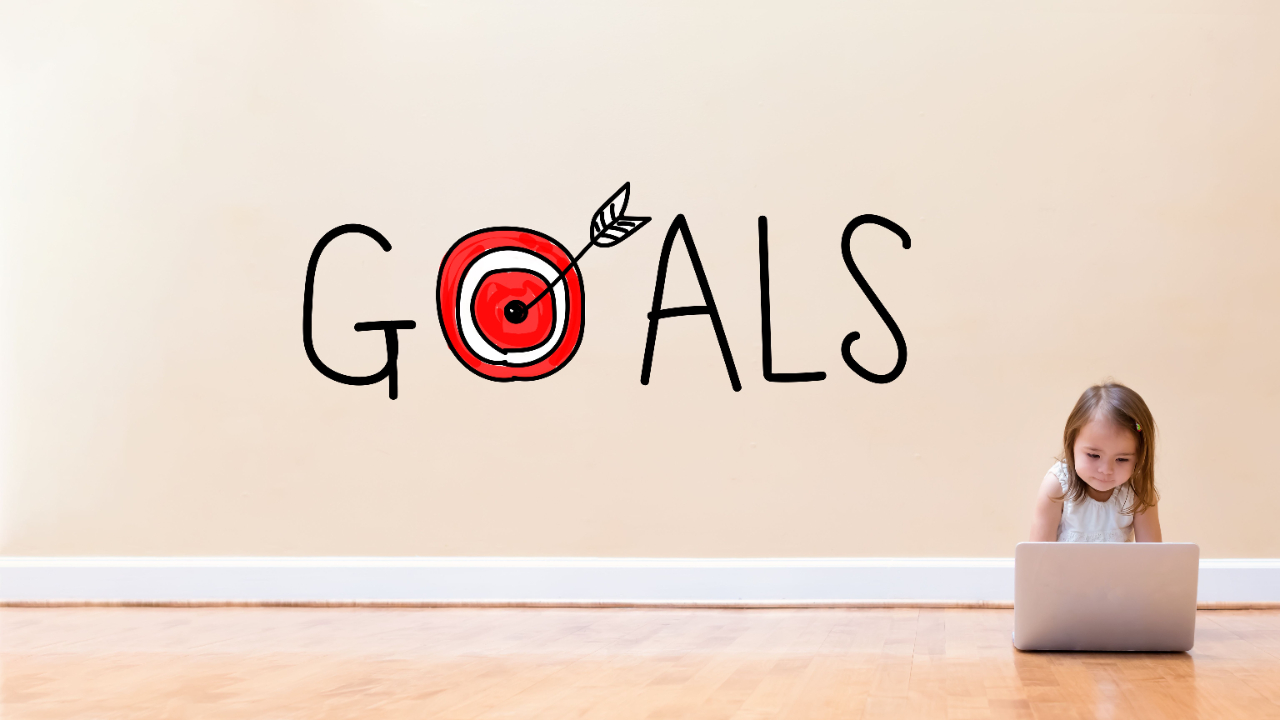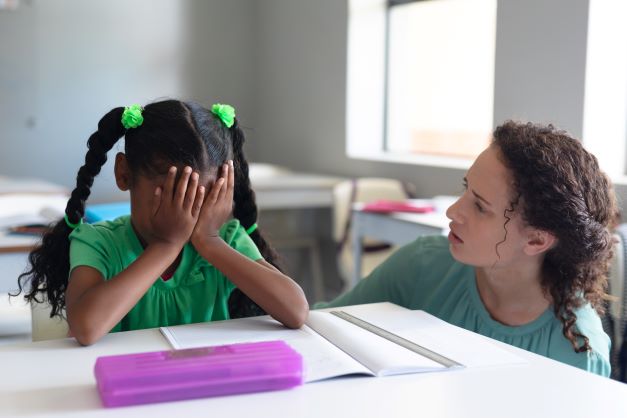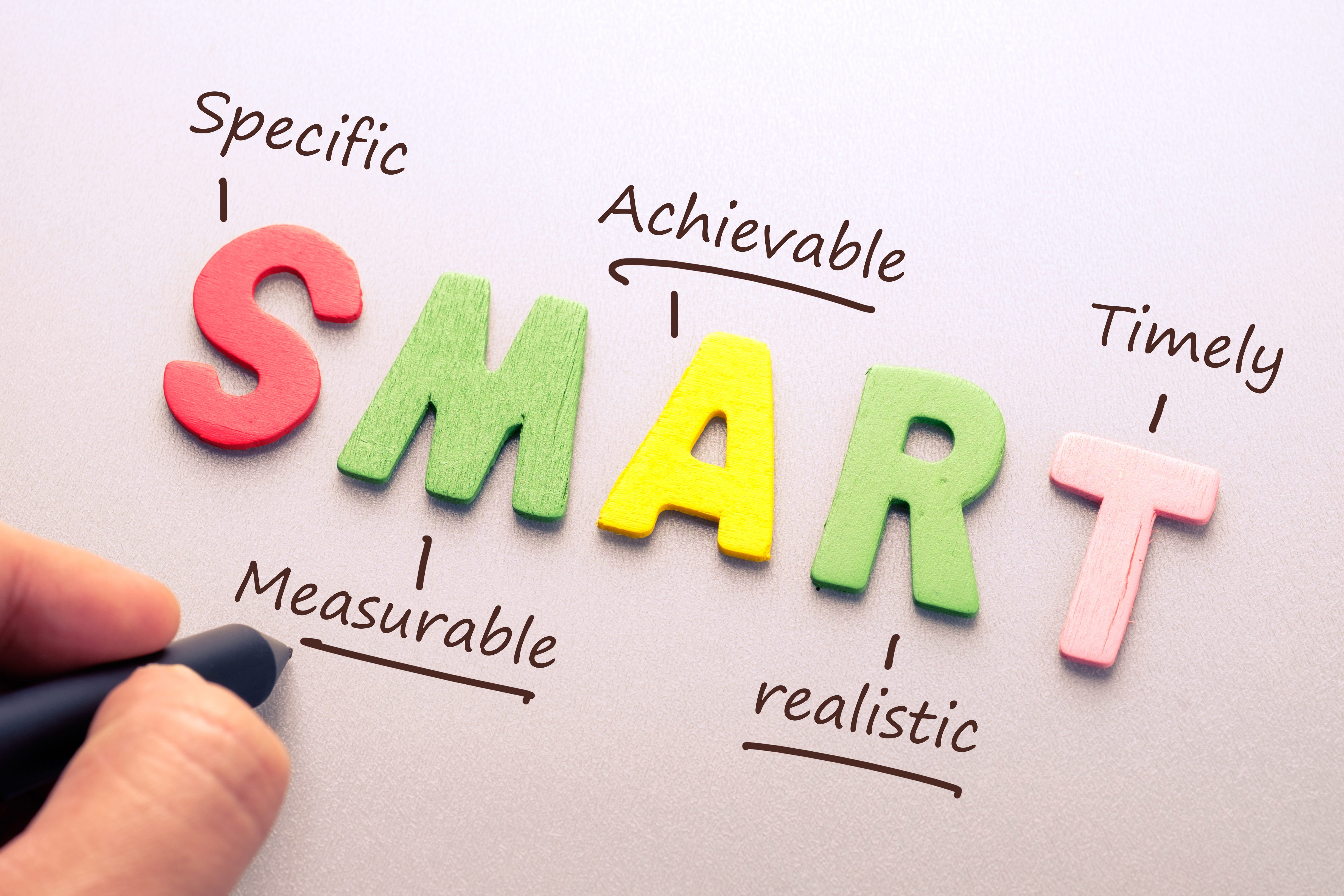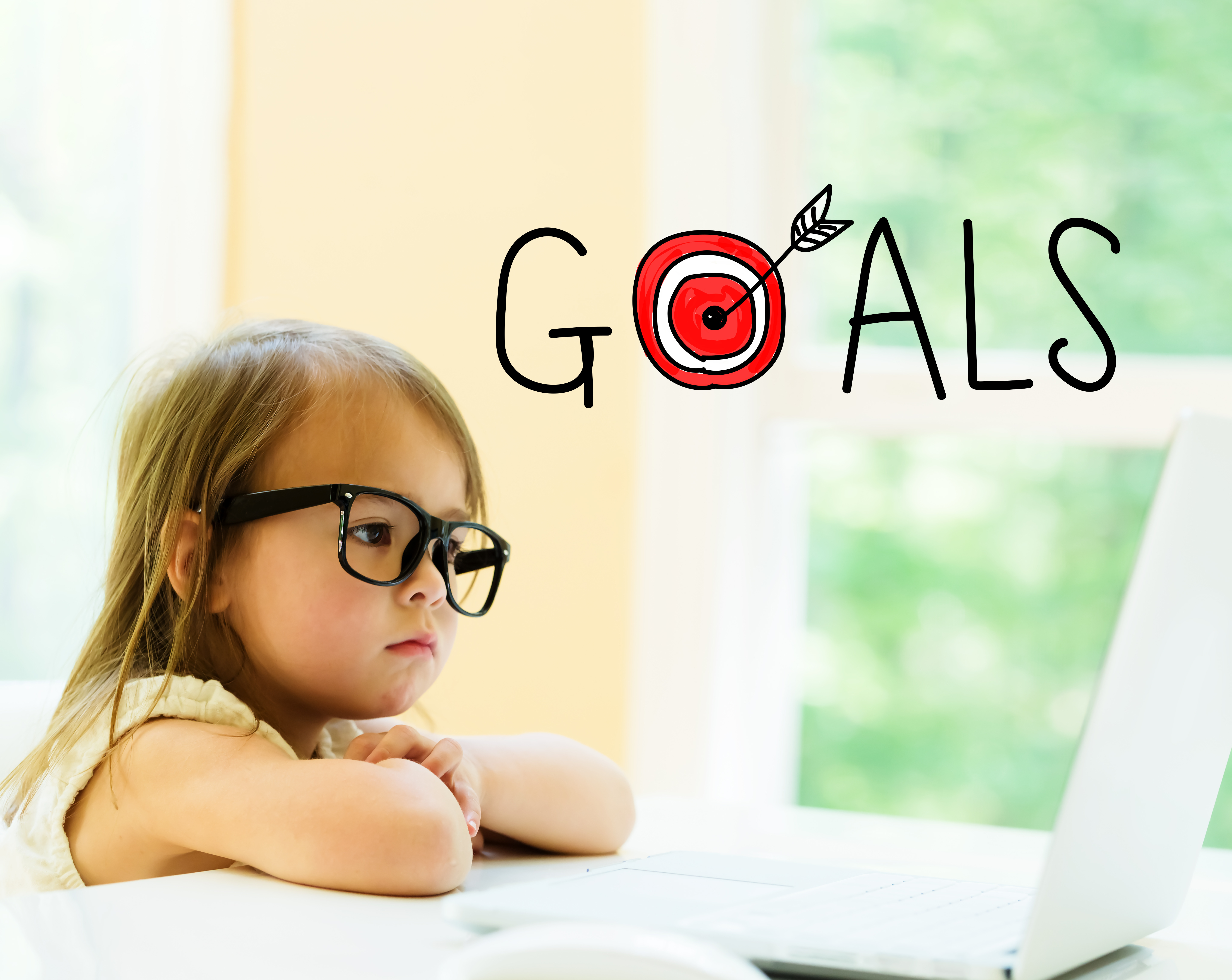Do You Set Goals with Your Young Student?

Your answer is likely no. And I didn’t used to either to be honest with you. Although I do it, I really don’t enjoy setting goals as an adult, so I hadn’t put my child through that kind of discomfort. What changed my perspective you ask? Not too long ago, I was helping my 5 year old daughter get ready for bed when she told me she wanted to be a better reader so she could read more books by herself. That was my lightbulb moment! She was setting her own goal without even realizing it and without my prompting.
Goal setting can help develop a successful student and help children reach their full potential. When children set and achieve goals, they learn valuable lessons about perseverance and resilience. It is important to foster an environment of goal setting in the home, so that children understand that they can work towards and accomplish their goals. As a parent with years of experience under my belt, I am now realizing this. Teaching children goal setting techniques will help them develop the skills necessary to become successful adults which is common goal all parents have for their children.
Why is goal setting important?

Goal setting helps our children learn the importance of continuous self improvement.
Goal setting is important for little ones just as it is for adults. It gives us something to work toward so that we never stop progressing. It gives meaning to our efforts and helps provide direction for where we want to go. Having a goal setting mindset instills a strong work ethic in children. When they set their minds to something and accomplish it, they are learning the importance of hard work and dedication. This sense of attainment and accomplishment can have a lasting impact on their development and future success. By setting and achieving goals, children learn to believe in themselves and build confidence. It also helps them develop problem-solving skills, which will prove invaluable in their future.
What can your child learn from goal setting?

Some of life's greatest lessons are learned through not reaching our goals.
Children learn the importance of hard work, the sense of attainment and accomplishment, as well as problem solving skills. And while we all want to watch our children set goals and attain them, just as much- if not more!- can be learned when we set goals and don’t reach them. Failure is hard. As a parent, it is gut wrenching at times. But some of the most impactful lessons I learned growing up came from failing at a given task or goal. Whether it be losing a championship game or not getting that ‘A’ grade in a class I worked so hard in. These moments helped shaped me as an adult, my work ethic, and my outlook. And while I hope my children never have to experience the heartache of failure, I also realize what all they can learn from it- just as I did.
What is a SMART goal?

Smart goals are Specific, Measurable, Achievable, Relevant, and Timely.
Specific- What are you trying to accomplish?
Measurable- What data will measure this goal?
Achievable- Is this goal doable?
Relevant- Why is this important?
Time- What is the time frame for this goal?
Let’s (gently) break down my 5 year old’s goal for herself. She said she wanted to be a better reader so she could read more books by herself.
Is her goal specific? Yes, she wants to be a better reader.
Is her goal measurable? Yes, her goal is measurable. She said she wants to be able to read more books by herself. When she made this goal, she was able to read about 8 books by herself. Being able to read more than eight books independently would accomplish this goal. While she didn’t state that when she was talking to me, I knew that.
Is her goal achievable? Absolutely!! She is 5 and reading and can absolutely learn to read more words and books.
Is her goal relevant? Again, absolutely!! It is important that she learns to read.
Does her goal have a set time frame? No, it doesn’t. She left her goal open ended on the time it will take her to reach this goal.
To help her goal set and make her goal “SMART”er, I responded with something like this “Tomorrow we can start spending an extra 10 minutes per day working on new books with new words. That will help you learn to read more books by yourself within the next month.”
I am telling her what steps we will take to help her reach her goal as well as when we will start. That will help make her goal even more specific.
Goal setting tips by age

You are the best at knowing when your child should start goal setting, but most children are ready to start around age four.
Personally, I think you can start setting SMART goals with your children around 4 years old. There are likely some 3 year olds that can benefit from this exercise while at the same time there are likely children who will need to wait until closer to five. The younger a child is, the more help they will likely need in doing this. I always find it beneficial to go through how I do things to set an example for my children. So the next day when my daughter was starting her 10 minutes of extra reading to start toward her goal, I told her about my goal that I wanted to add 10 minutes of reading to my day as well, so I could read more books this month than I did last month. I wanted her to know that she was not alone in trying to improve herself.
This will be our last post in our ‘Successful Students’ series. There are six previous posts in this series which provide a variety of tips and ideas for parents and caregivers to develop successful students. We hope you will check them out at https://www.mastermindsearlylearning.com/blog

